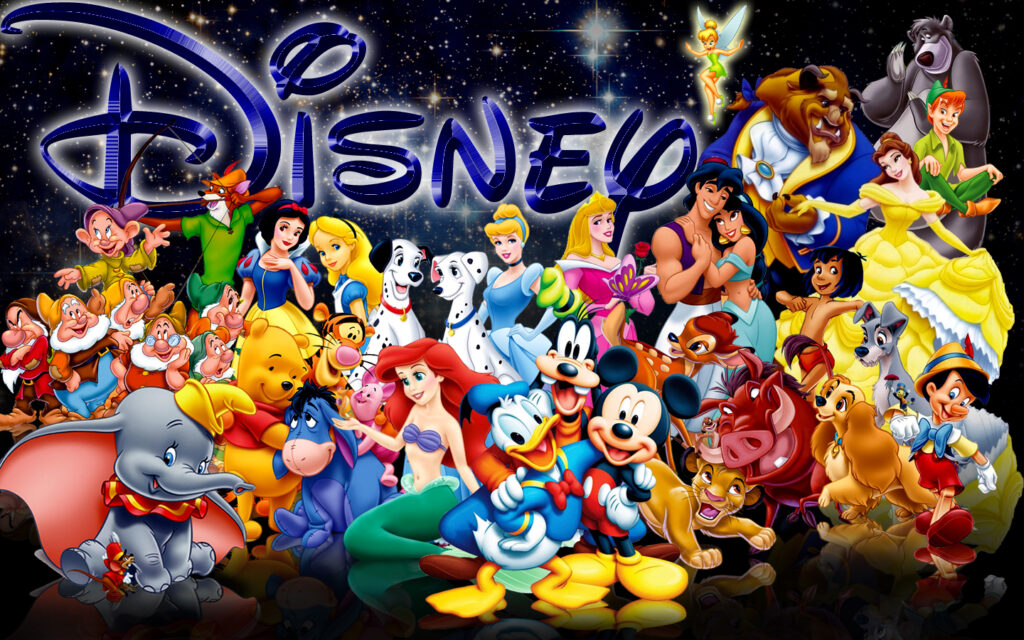In our practice, we sometimes encounter situations where one person has signed a contract transferring their copyright, and subsequently, another person is referred to as the author of the work. More accurately, the latter is a holder of certain copyrights or has been granted the right to use the work. But what does this terminology truly imply?
Copyright, by its nature, represents a complex set of subjective rights that an author holds over their work. It encompasses both property and non-property rights. Property rights regulate the commercial aspects and transactions involving copyright-protected works, while non-property rights ensure recognition and moral satisfaction for the author.
When discussing property rights, they may include various means of utilizing the work, such as distribution, broadcasting, public presentation, project realization, etc., as enumerated in Article 18, Paragraph 2 of the Copyright and Related Rights Act (CPA). To maintain the author’s recognition and ensure both moral and financial rewards, they must receive appropriate remuneration for each type and subsequent instance of use. We strongly recommend drafting contracts to manage the usage of works properly. If you need assistance, our team at IPfabrika, comprised of experts in copyright and other intellectual property areas, can help you safeguard your rights.
Cover photo: Getty Images





